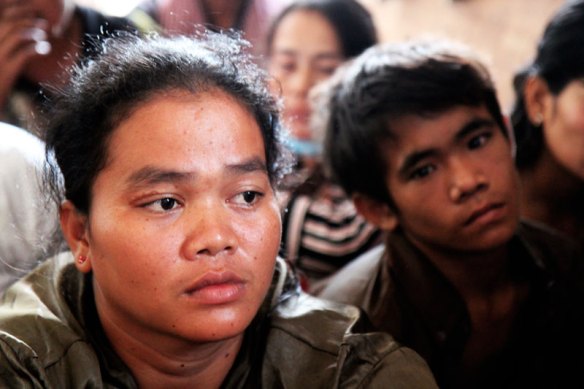Thailand Has Ousted Its Prime Minister – Here’s Why You Should Care
It’s over: Thai prime minister Yingluck Shinawatra has finally been ousted by a Thai court after a contentious and occasionally bloody political standoff that has dragged on since last summer. In office since the summer of 2011, Shinawatra rode the Thai political tiger for as long as she could — but was eventually brought down by allegations that she transferred a bureaucrat illegally for her own political ends.
Yingluck is now the latest political casualty in the ongoing battle between “red shirt” supporters of the Pheu Thai party and her exiled brother, former prime minister Thaksin Shinawatra, and the “yellow shirts,” who largely are composed of Bangkok residents and wealthier, urban Thais.
Already removed from power, her troubles don’t end there: she was indicted by Thailand’s anti-graft body over a rice subsidy scheme, and may be impeached by the Senate if found guilty.




